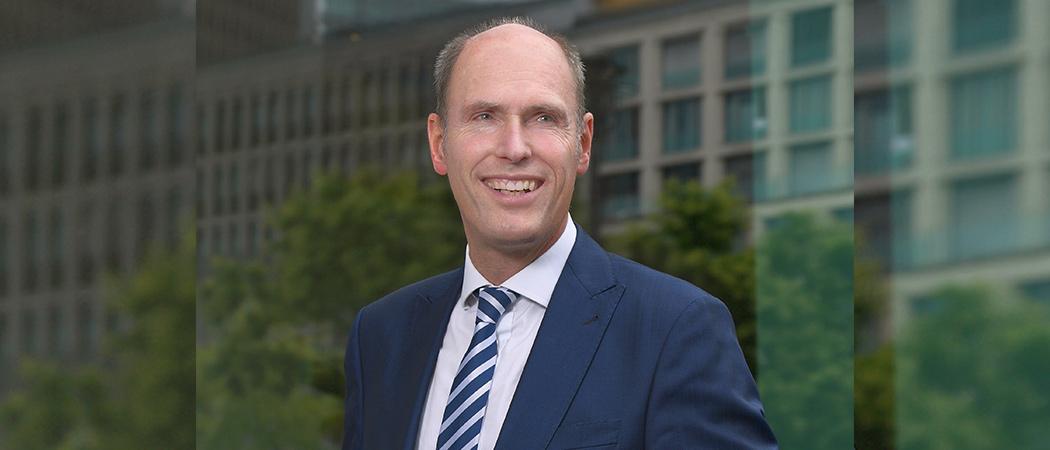Formal joint projects are suspended. But that doesn’t mean academics can’t keep talking to Russians, or even doing private research, says the head of the German rectors’ conference

Peter-Andre Alt, president of the German Rectors’ Conference
German academics are being encouraged to keep in contact with their Russian counterparts, and can continue private research with them, even as Germany shuts down joint projects in response to the invasion of Ukraine.
Peter-Andre Alt, president of the German Rectors’ Conference, urged German researchers “not to cut ties,” saying, “Many Russian scientists are opposed to the Putin regime.”
Last week, Germany was the first European country to sever scientific ties with Russia in response to the assault on Ukraine, with the country’s research ministry stating that “cooperation in science and research” would be “halted immediately”.
Denmark has made similar commitments, and several other countries including Sweden and the Netherlands are still mulling over their position.
But German research leaders are now hashing out what this means in practice. Following a meeting of science organisations today, Alt stressed that “personal relationships are very important,” and that German academics should continue talking, exchanging information and explaining the scientific sanctions with their Russian colleagues.
What will be shut down are official joint research projects funded by organisations including the German Research Foundation (DFG), universities themselves, and Germany’s vast non-university research sector, which includes the Max Planck Society and Helmholtz Association.
In a statement, the DFG said that no data, samples, equipment or research material is to be exchanged under current projects. No joint events are to be held, and funding for the Russian part of the projects will be suspended, although money will continue to flow to German partners.
The DFG said that over the past three years, it had funded more than 300 German-Russian projects with €110 million in financing.
New proposals for joint DFG projects will not be considered, and the evaluation of submitted proposals is being suspended.
Yet private collaboration between academics on research that is not part of a broader funded project is still permissible, Alt stressed.
“Joint papers are possible, definitely,” he said. “We don’t want to practice censorship. Bridges are not to be burned.” Otherwise, he argued, the liberal values of western academia would be undermined.
German journals will still be able to publish work by Russian researchers.
Europe should not lose touch with the views of researchers in Russia, Alt believes. “It’s necessary to have an understanding of what Russian academics think about this.”
Supporting students
German universities are also getting ready to take in fleeing Ukrainian students on the scale of the influx seen in 2015-16 following the Syrian civil war. They are discussing giving refugee students and academics financial support and extending the visas of those already in Germany, said Alt. “We expect a relatively high number of refugees.”
As for Russian students in Germany, universities agreed they too need support, he said. “Many of them are critical of the Putin regime.”
Western financial sanctions, the meltdown of Russian banks and the rouble’s collapse, may mean many will be unable to support themselves in Germany, he said.
But bailing them out was likely to be politically difficult. “Can we support them with taxpayer money? It might be misunderstood,” Alt said. But there are no plans to expel Russian students, despite disinformation emanating from Russia that is the case.
A more “complex question” is the future of Russian PhD students and postdoctoral researchers in Germany as part of exchanges with Russian universities. “We have many joint programmes,” said Alt. One concern is Russian access to “critical data” in German universities.
However, said Alt said in his opinion Russian students should continue research they are doing in Germany. This is the “general consensus” among German research institutions, he said.
One longer term question for European academia is under what conditions it would start to dismantle its scientific sanctions against Russia. This is “not clear” at the moment, said Alt, and would be decided in tandem with the federal government.
“We want to be the first who work to bridge both parties. Freezing relationships does not mean destroying them,” he said. “We want to rebuild the bridges, so we won’t explode them.”





 A unique international forum for public research organisations and companies to connect their external engagement with strategic interests around their R&D system.
A unique international forum for public research organisations and companies to connect their external engagement with strategic interests around their R&D system.